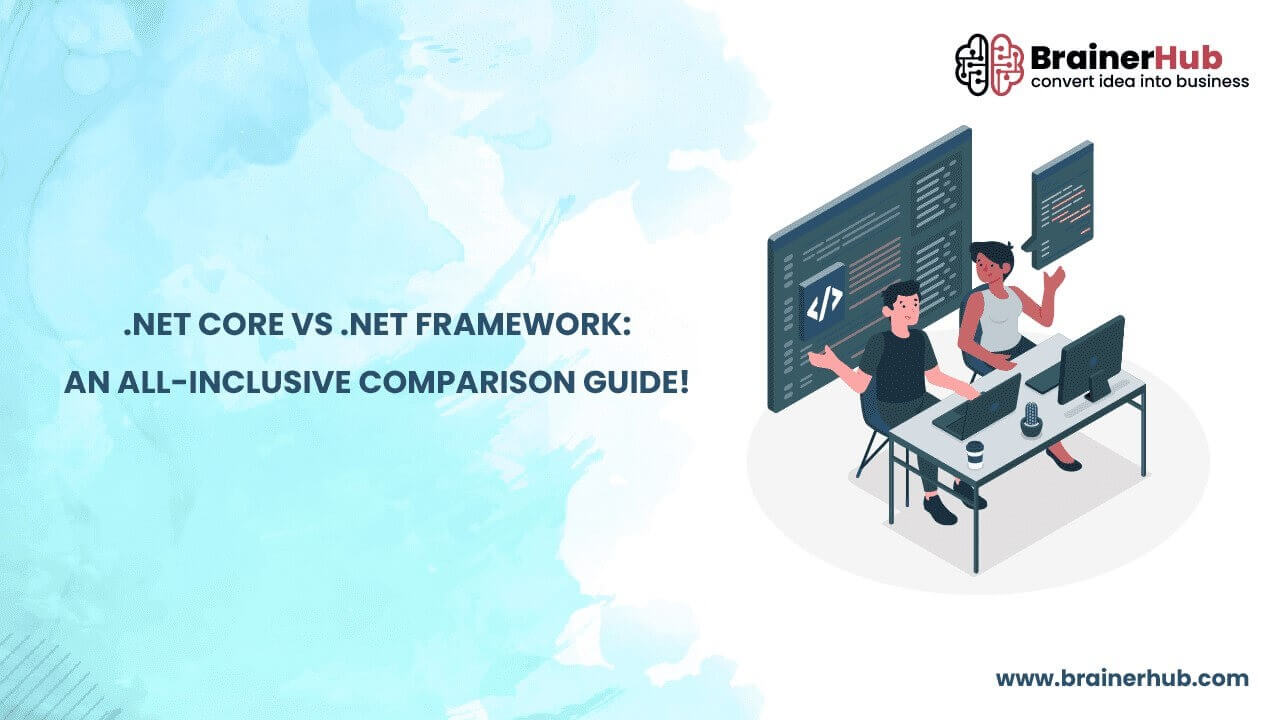Xamarin has been a leading tool for developing cross-platform mobile applications. However, with the advent of .NET Multi-platform App UI (MAUI), developers are questioning the future of Xamarin. This article explores whether Xamarin is indeed dying, the steps for migrating to .NET MAUI, and Microsoft’s plans regarding Xamarin support.
The Evolution of Xamarin
What is Xamarin?
Xamarin is a popular open-source platform for building modern and performant applications for iOS, Android, and Windows with .NET. It enables developers to use C# to create code that can be shared across multiple platforms, greatly cutting down on development time and effort.
The Rise of .NET MAUI
.NET MAUI (Multi-platform App UI) is the next generation of Xamarin.Forms. It expands upon Xamarin by providing a single framework for building applications for Android, iOS, macOS, and Windows. .NET MAUI aims to simplify the development process by offering a unified project structure and consistent API.
Is Xamarin Dying?
Microsoft’s Shift to .NET MAUI
Microsoft has announced that .NET MAUI will replace Xamarin.Forms as part of the .NET 6 release. This shift indicates that Xamarin, in its current form, will gradually be phased out. The focus is now on enhancing .NET MAUI to provide a more integrated and efficient development experience.
End of Support for Xamarin
Microsoft has confirmed that Xamarin will reach its end of support in May 2024. This means no new features, updates, or official support will be provided for Xamarin beyond this date. Developers are encouraged to migrate their existing Xamarin projects to .NET MAUI to continue receiving support and updates.
Migrating from Xamarin to .NET MAUI
Why Migrate to .NET MAUI?
Migrating to .NET MAUI offers several benefits, including:
- Unified Project Structure: .NET MAUI consolidates platform-specific projects into a single project, simplifying project management.
- Improved Performance: .NET MAUI provides better performance and optimized resource usage.
- Enhanced Developer Experience: With improved tooling and a consistent API, .NET MAUI makes the development process more efficient and enjoyable.
Xamarin to .NET MAUI Migration Steps
Step 1: Prepare Your Xamarin Project
Before migrating, ensure your Xamarin project is up-to-date and free of deprecated APIs. Review the project’s dependencies and update any outdated libraries.
Step 2: Install .NET 6 SDK
Install the .NET 6 SDK from the official .NET website. This SDK includes all the necessary tools and libraries for .NET MAUI development.
Step 3: Create a New .NET MAUI Project
Create a new .NET MAUI project using Visual Studio 2022. You can do this by selecting the “.NET MAUI App” template in the New Project dialog.
Step 4: Migrate Your Code
Migrate your existing Xamarin.Forms code to the new .NET MAUI project. This process involves updating namespaces, adjusting project structure, and refactoring platform-specific code. Refer to the official migration guide for detailed instructions.
Step 5: Test Your Application
Ensure your migrated application functions properly on all target platforms through comprehensive testing. Address any issues or bugs that surface during this phase.
Step 6: Optimize and Deploy
Optimize your application for performance and user experience. Once satisfied with the migration, deploy your .NET MAUI application to the respective app stores.
Benefits of .NET MAUI Over Xamarin
1. Unified Codebase
With .NET MAUI, developers can maintain a single codebase for all platforms, reducing duplication and simplifying maintenance.
2. Cross-Platform Capabilities
.NET MAUI extends Xamarin’s cross-platform capabilities by supporting not only mobile platforms but also desktop platforms such as macOS and Windows.
3. Enhanced Tooling
.NET MAUI offers improved tooling and integration with Visual Studio, making it easier to design, develop, and debug applications.
4. Future-Proof
As Microsoft is fully committed to .NET MAUI, developers can be assured of ongoing support, updates, and new features.
Challenges in Migrating to .NET MAUI
1. Learning Curve
Developers familiar with Xamarin.Forms may face a learning curve when adapting to .NET MAUI’s new APIs and project structure.
2. Compatibility Issues
Some third-party libraries and plugins used in Xamarin may not yet be compatible with .NET MAUI, requiring alternative solutions or custom implementations.
3. Initial Effort
Migrating a complex project from Xamarin to .NET MAUI can be time-consuming and require significant initial effort. However, the long-term benefits often outweigh the short-term challenges.
Real-World Use Cases
Success Stories
Several companies have successfully migrated their applications from Xamarin to .NET MAUI. For example, a prominent e-commerce platform reported a 30% improvement in performance and a more streamlined development process after transitioning to .NET MAUI.
Industry Adoption
The adoption of .NET MAUI is growing across various industries, including finance, healthcare, and education. Its cross-platform capabilities and unified codebase make it an attractive choice for businesses looking to optimize their development processes.
Conclusion
While Xamarin has served the development community well, the future lies with .NET MAUI. Microsoft’s decision to end support for Xamarin underscores the importance of transitioning to this new framework. By following the migration steps outlined in this article, developers can take full advantage of .NET MAUI’s benefits and ensure their applications remain future-proof. Choose us for Expert Cross Platform mobile app development with the help of our Advanced .NET Development Services.
Do you have a project in mind? Talk to the experts.
Get in Touch
Contact us
Our Office
D-101/102/501/601 Titanium Square Building, Near Thaltej Cross Road, Sarkhej - Gandhinagar Highway, Ahmedabad, Gujarat 380059
Say Hello! on Skype
Xamarin to .NET MAUI FAQs
Microsoft is ending support for Xamarin to focus on .NET MAUI, which offers a more integrated and efficient development experience. This shift aligns with Microsoft’s long-term strategy for .NET development.
.NET MAUI provides a unified project structure, improved performance, enhanced tooling, and support for additional platforms such as macOS and Windows, whereas Xamarin is limited to mobile platforms.
The time required to migrate depends on the complexity of the existing project. Simple projects may take a few days, while more complex applications could take several weeks.
Microsoft provides a migration guide and resources to help developers transition from Xamarin to .NET MAUI. Additionally, community tools and libraries may assist with specific migration tasks.




